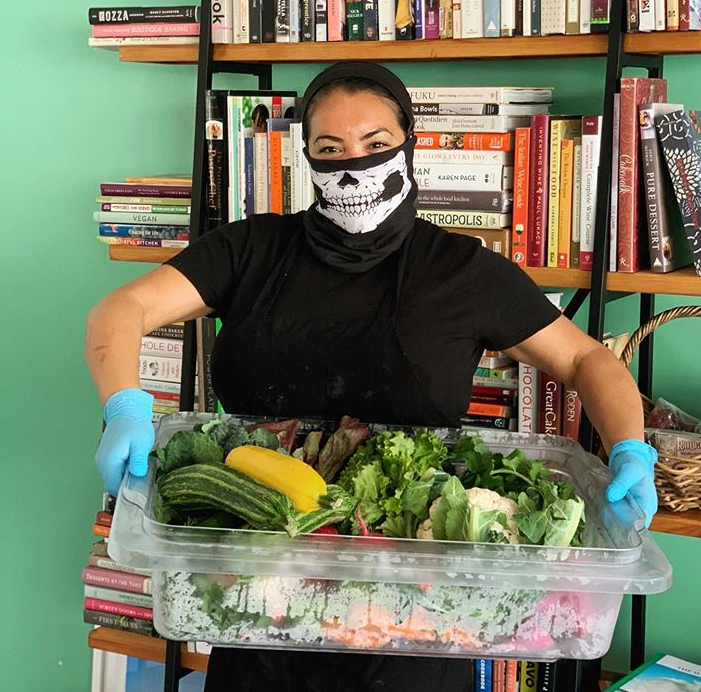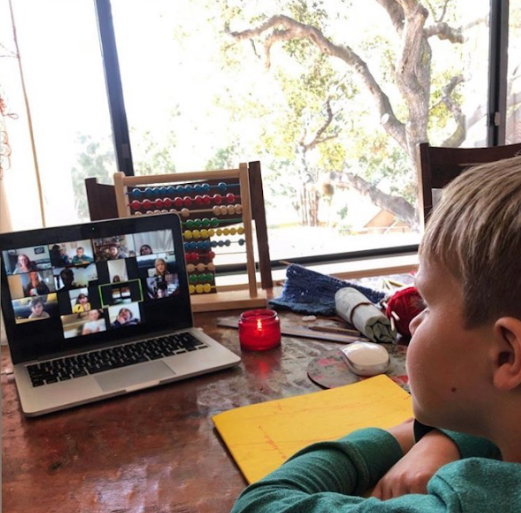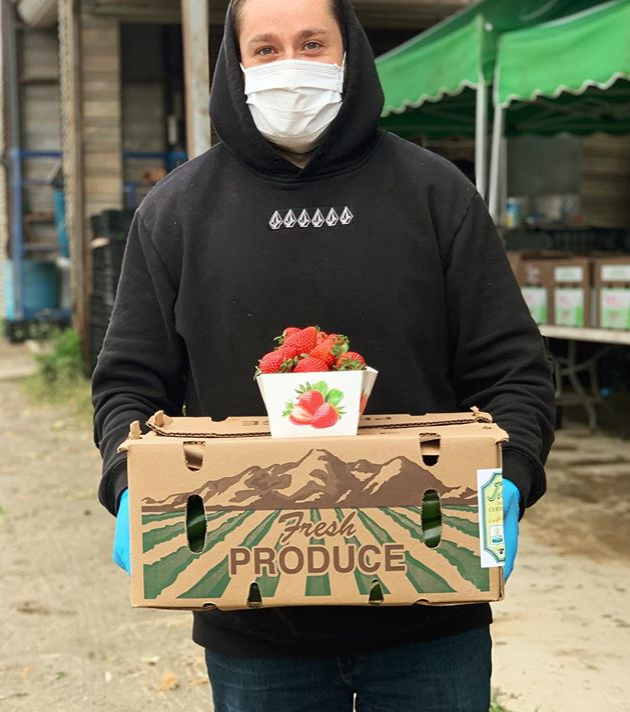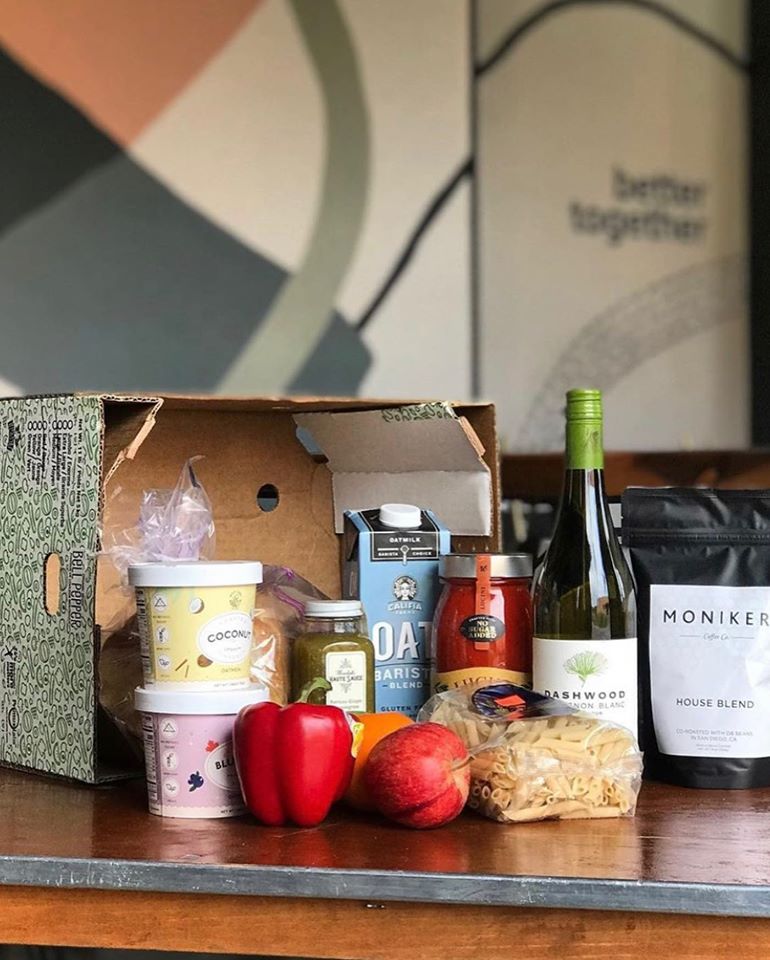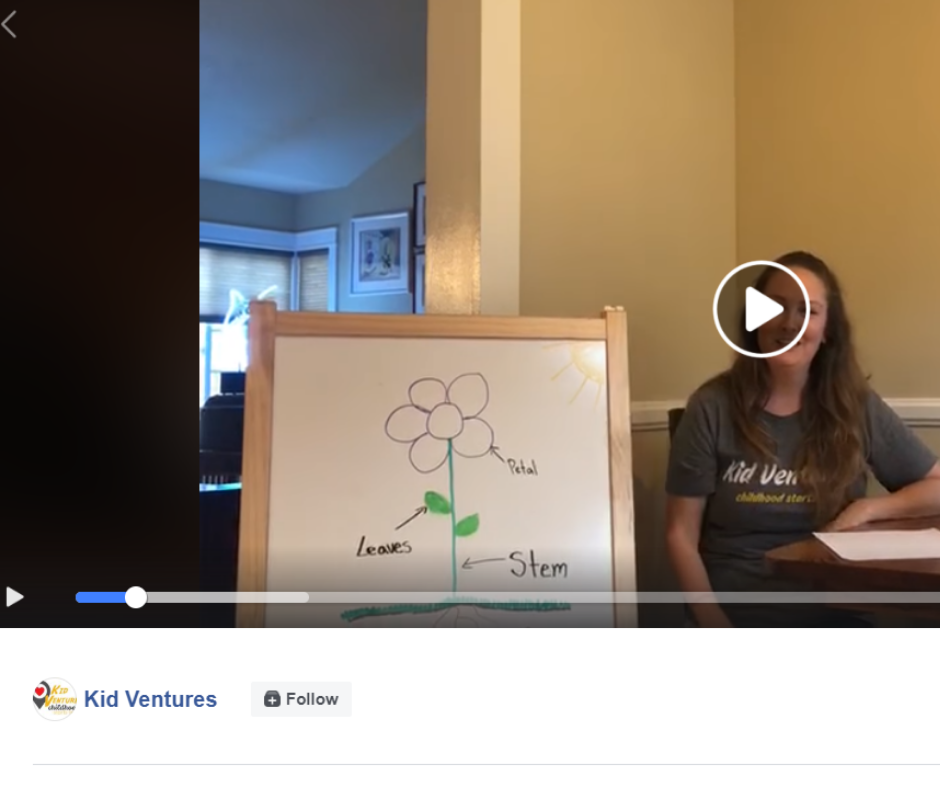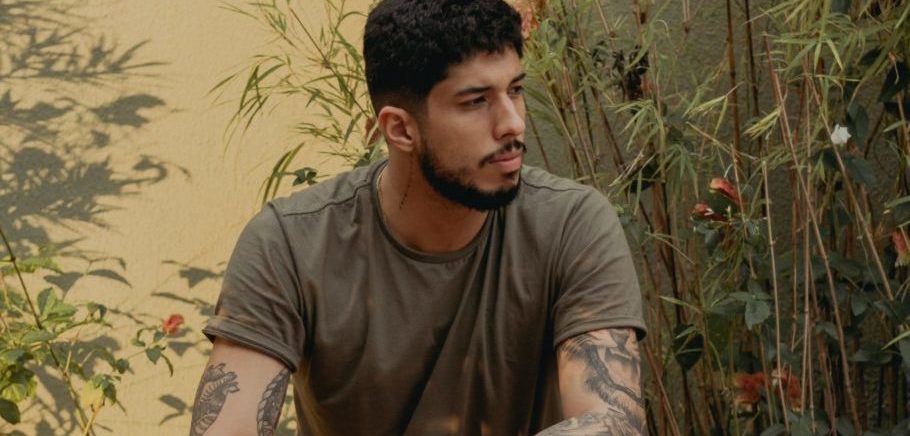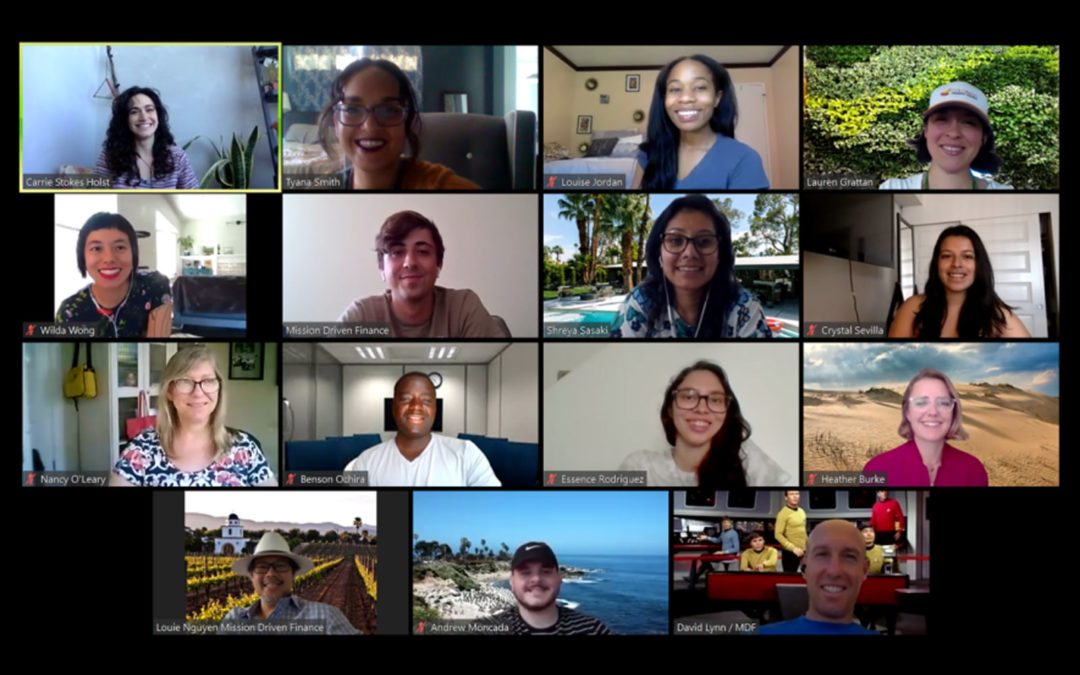
How the Community Finance Fellows are learning during a pandemic
While sheltering-in-place during a pandemic, we welcomed five Community Finance Fellows to our team on March 23 to begin learning in a virtual environment: Louise Jordan, a renewed San Diegan with a legal background who moved back from Virginia to join us; Andrew Moncada, a financial analyst from Florida who wants to run his own impact investment firm one day; Benson Ochira, a refugee from Uganda with a degree in business management; Essence Rodriguez, an undergrad research fellow with the U.S. Immigration Policy Center; and Crystal Sevilla, an executive assistant from San Diego with a deep interest in economics and finance.
The Community Finance Fellowship at Mission Driven Finance was designed to empower individuals from overlooked and underestimated communities to use finance as a tool for change. Through the program, fellows get hands-on training in a field that is often hard to access or unwelcoming to women and people of color. According to the Bureau of Labor Statistics, the securities and financial investments field is nearly 62% male and over 84% white.
We are proud to share that our inaugural cohort of fellows are helping to diversify these numbers. With them, our team is now two-thirds women and two-thirds people of color.
During their year with us, the fellows will build connectivity and cultural awareness with communities of concern, and ultimately help drive much-needed capital and trust to communities often left out of the financial system. Our communities need this support now more than ever.
How we adapted the fellowship to COVID-19
The COVID-19 environment is impacting nonprofit and small business operations and the way that we historically source potential borrowers. With the physical and mental health, economic, and education effects of physical distancing taking a toll on communities we hold dear, we knew we needed to prioritize the support element of our work. Though we had developed a curriculum last year, due to the COVID-19-related closures of many businesses, we’ve adapted to the changing environment by quickly adapting our project plans while keeping the core lessons of our fellowship field guide intact.
One thing that remains constant is our intention to train fellows on the full lifecycle of impact investing—from researching, analyzing impact, and loan underwriting to building relationships in the community.
In their first week alone, fellows learned about our work closing capital gaps that close opportunity gaps. They immediately started digging in to understand what existing and emerging programs were available to support small businesses and nonprofits. Research briefs informed our whole team’s quick response to organizations in need of guidance as well as the design of our own programs to ensure equitable and expedient access.
“Joining Mission Driven Finance was something that I always wanted to be part of: a movement to shift the paradigm of conventional finance,” says Andrew. “Mission Driven Finance works on something dear to me—extending financial opportunities to those businesses that do not have the opportunity with conventional lenders due to outdated policies. It truly showed me that there is a huge opportunity to create a financially inclusive future that works for everyone.”
As we read reports and hear directly from leaders of color who have struggled to access critical relief programs, we see more clearly than ever how much representation in finance translates to more equitable access to capital.
How our fellows are helping us prepare for a post-pandemic future
Seeing how COVID-19 has been disproportionately impacting lower-income communities and communities of color, we looked for ways to use capital we have available in our Advance strategy and also to build new pathways to support underestimated borrowers creating a more equitable and resilient world.
We recognize that most organizations desperately need immediate relief in the form of grants and subsidies from government or philanthropy, not additional debt they are unsure how to repay. But some of our portfolio borrowers are pivoting their existing capacity to mitigate the effects of this crisis and are even growing.
Fellows are key in this effort. They are rolling up their sleeves to research and outreach to organizations that may be growing now and need working capital, not just grants. Providing loans and alleviating their need for grants may allow those precious pools to go to other businesses that really need it at this time.
“One of the key transformations in the work I do now as compared to two months ago has been learning the impact investment model or theory of using finance as a tool for change,” adds Benson. “Looking forward, I feel very excited to see how we will continue to use this tool to bring positive changes in the underserved communities.”
Fellows are prioritizing companies that were profitable and growing before COVID-19, nonprofits with signed grant commitments, companies with a strong online sales component, sectors that are likely to emerge strong after the pandemic, and sectors that would most likely be able to access government capital in the near term. In addition to financial viability and tenacious management, we are still relentless in our pursuit of organizations that are committed to making a better world for their workers, customers, and communities.
As Louise points out, “Overall, I find this new work environment to be very challenging and engaging. Challenging because I am forced to step out of my comfort zone and be innovative about how I approach problems. Engaging because I am always learning something new from my exceptionally smart teammates.”
Just as before COVID-19, we work hard—and even harder now—to infuse our values of equity, inclusion, and access to ensure capital flows where it often doesn’t.
The Community Finance Fellowship is made possible by the World Education Services Mariam Assefa Fund, Union Bank, The Parker Foundation, Harder+Company, and Mission Edge.
“The WES Mariam Assefa Fund congratulates the talented new fellows who have joined the Mission Driven Finance team and will be leading exciting efforts to ensure impact investing reaches overlooked communities,” said Monica Munn, Senior Director of the Fund. “To build an inclusive economy that works for all—including immigrants and refugees—capital must be invested in community-informed solutions. We’re proud to partner with Mission Driven Finance to drive change in the financial sector.”
If you know small businesses or nonprofits in your community that could use immediate financial resources, please share with them our COVID-19 resource page. If you know any that would be good candidates for Advance loans with Mission Driven Finance, please contact us.
Hear directly from the fellows in Community Finance Fellowship: Learning to Use Finance as a Tool for Change in a Time of Action

